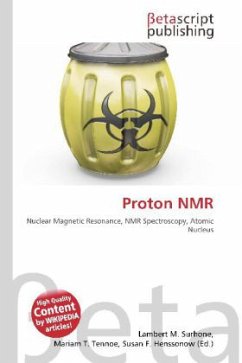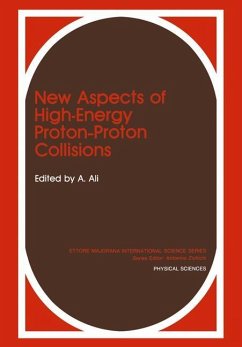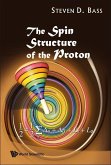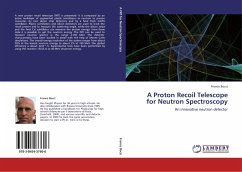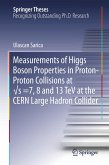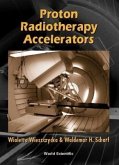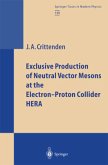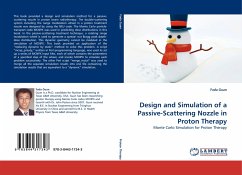Please note that the content of this book primarily consists of articles available from Wikipedia or other free sources online. Proton NMR (also Hydrogen-1 NMR, or 1H NMR) is the application of nuclear magnetic resonance in NMR spectroscopy with respect to hydrogen-1 nuclei within the molecules of a substance, in order to determine the structure of its molecules. In samples where natural hydrogen (H) is used, practically all of the hydrogen consists of the isotope 1H (hydrogen-1; i.e. having a proton for a nucleus). Simple NMR spectra are recorded in solution, and solvent protons must not be allowed to interfere. A solvent without hydrogen, such as carbon tetrachloride or deuterated chloroform may be used. More commonly, deuterated (deuterium = 2H, often symbolized as D) solvents especially for use in NMR are preferred, e.g. deuterated chloroform, CDCl3, and deuterated dimethyl sulfoxide, (CD3)2SO (DMSO).
Bitte wählen Sie Ihr Anliegen aus.
Rechnungen
Retourenschein anfordern
Bestellstatus
Storno

